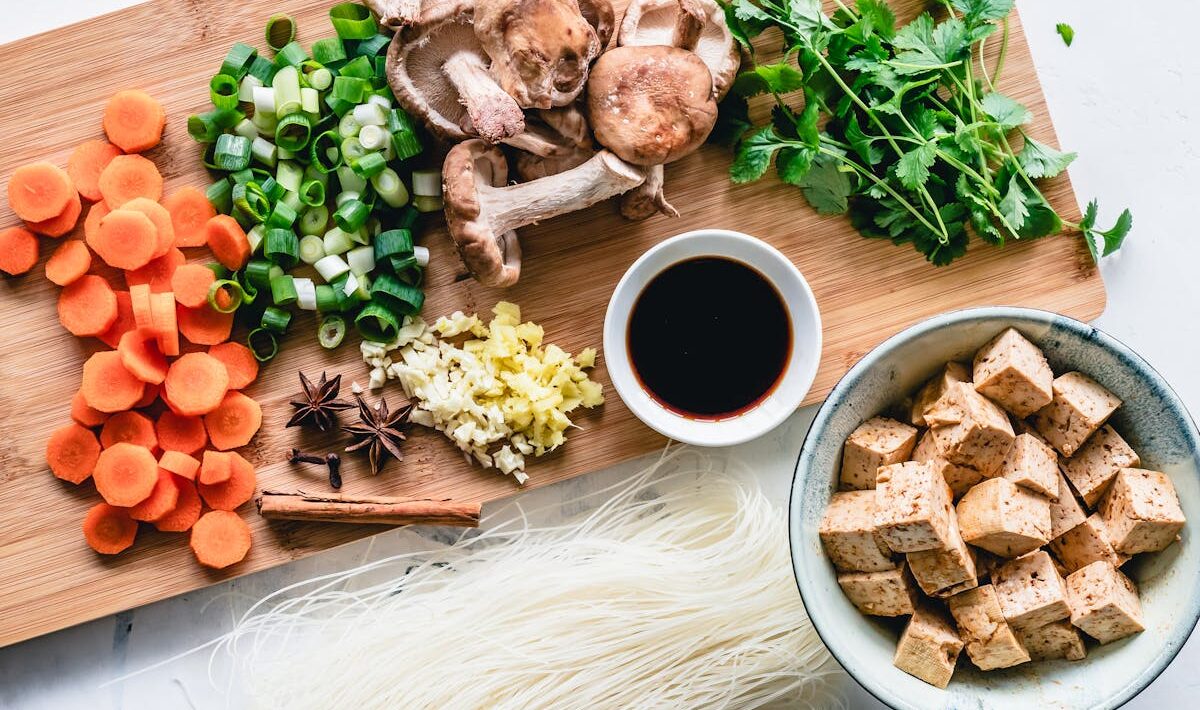Eating good nutrients is important to keep your body healthy, and to do so, eating all types of natural foods can be positive for your body. To keep your immunity up, your skin renewed and build muscle, investing in plant-based proteins is the ideal solution!
This is because this group of nutrients, in addition to being healthy, helps maintain a balanced diet and a varied meal menu. As a result, it is possible to have numerous benefits, from disposition in the routine to nutritional reeducation . By consuming vegetable protein, it is possible to have a better life and greater well-being.
To show you that it is possible to have easily accessible options and that they are not just for vegans and vegetarians, check out the list of plant-based proteins available to you below!
9 sources of plant-based protein for your diet!
Proteins are essential for the proper functioning of the body, as in addition to the internal maintenance of organs, they regulate metabolism and work together with immunity.
In addition, it is through them that it is possible to acquire essential amino acids for the body, as they are only found in food. Each protein has a biological value and the higher it is, the better it is!
Many people associate protein with meat (red meat, poultry, pork or fish), but you should know that it is possible to have good nutrition and excellent health with plant-based options. To do this, see below 9 sources of plant-based proteins to vary your diet:
1. Oats
Oats are a cereal with a significant amount of protein. In addition to being cost-effective, they contain many amino acids that help the body function, and they are also a versatile option. Some ways to consume them include: in a shake, with yogurt, with fruit, or even in bread dough.
2. Pea
One of the most recommended options for food menus today, peas have a high proportion of essential amino acids, so they can be a great investment. In addition, they are rich in iron, which makes them a very nutritious option.
3. Beans
Whether they are cowpeas, black-eyed peas or black beans, beans are legumes that, despite being incomplete proteins (they do not have all the essential amino acids), are great options for us, because together with rice, they achieve positive nutritional values. In addition, they are also options rich in iron!
4. Chickpeas
Chickpeas are one of the plant-based proteins that are also on the rise, especially in vegan diets. The legume contains a high protein content, in addition to being versatile in meals. Today, it is a source of protein that can be found in burgers, salads and even soups!
5. Lentils
As you may have noticed, legumes are great sources of vegetable protein. Here, it is important to mention lentils, as they are a great source of antioxidants and can also replace beans in daily meals.
6. Oilseeds
Cashew nuts, almonds, pistachios, walnuts and macadamia nuts. These are some of the available oilseeds that are rich in protein. In addition to varying the menu, they can be used in many different ways, but with caution, as they have a high caloric value. In other words, don’t overdo it!
7. Rice protein
Made from raw grains, rice protein is one of the most palatable seed-based options, as it does not have an earthy taste, unlike most proteins that come from legumes and/or cereals.
It is an incomplete source, as it does not cover all groups of essential amino acids, so there is a deficiency to some degree. However, combining it with the other options on this list helps to maintain a balanced meal. Or, to be even more effective, seek a nutritionist so that the diet is tailored to your profile.
REMINDER: Rice protein is not the same as rice cereal (the kind you eat with beans), as this grain does not have a significant amount of this plant-based nutrient. In this case, if rice protein is an option for you, look for liquid foods, such as shakes, as it is possible to use the option as a supplement!
8. Quinoa
This is another option with all the essential amino acids, but it is important to remember that it is richer in carbohydrates than proteins, so the ideal is to combine this food with others so that there is no imbalance in meals.
9. Soybeans
Complete and of high biological value, it can meet the needs of essential amino acids, in addition to being a protein that helps with sports performance and resistance, as it has branched amino acids, the famous BCAA.
EXTRA: 8 alternative options for your meals
Above you have a list with different options for a balanced diet, however, it is possible to go further and find more sources of vegetable protein, as long as you study a little and talk to the nutritionist who helps you.
It is possible to add 8 other foods to meet the needs of this nutrient, and you can see them below:
- Açaí.
- Asparagus.
- Broccoli.
- Chia.
- Spinach.
- Vegetable milk.
- Linseed.
- Tofu.
Consume protein every day!
Since some diets have restrictions on protein, it is important to remember that it is possible to combine options to keep your body healthy and balanced. In this case, creating a blend or buying a preparation that has enough protein for your body may be the solution. But remember that when investing in supplementation, you need to know the doses so that you do not run out or consume too much.
Protein is a necessity for the body, especially for vegetarian and vegan diets. In these cases, it is important to consume this nutrient at every meal, thus avoiding nutritional deficiencies, unlike a meat-based diet, where protein may only be sufficient at lunch and dinner.
